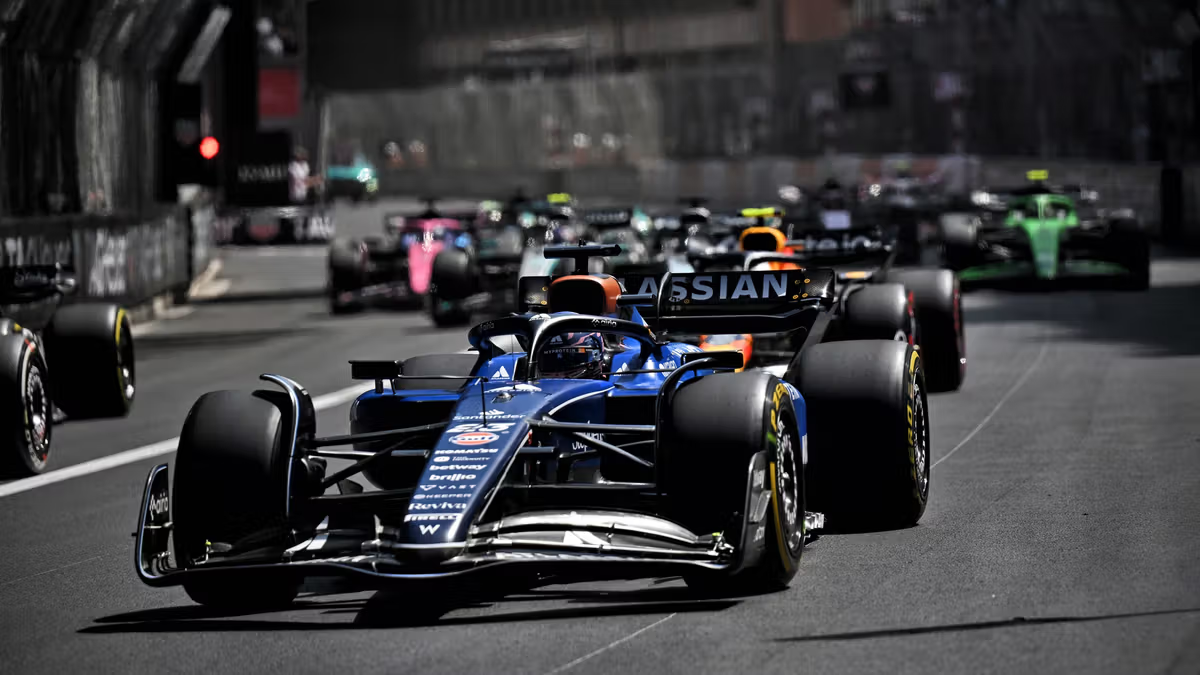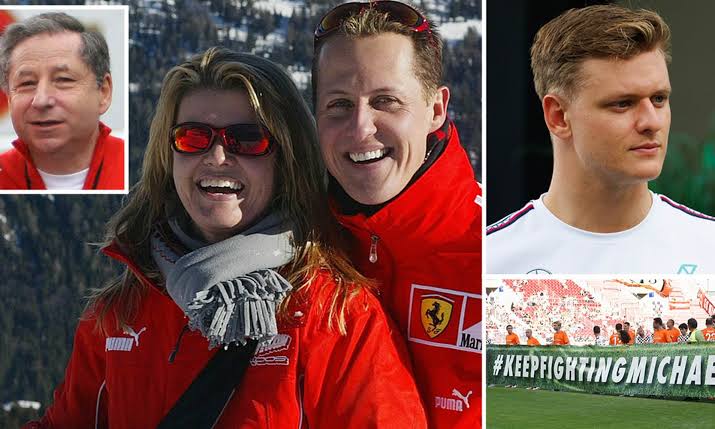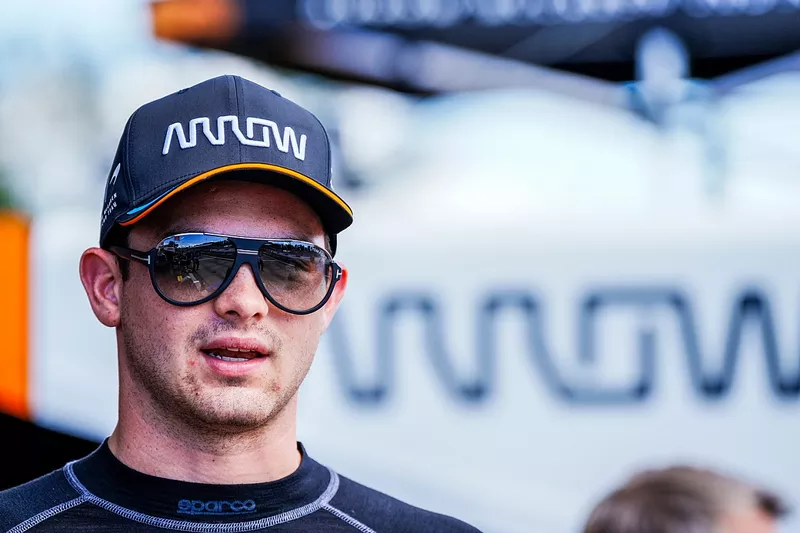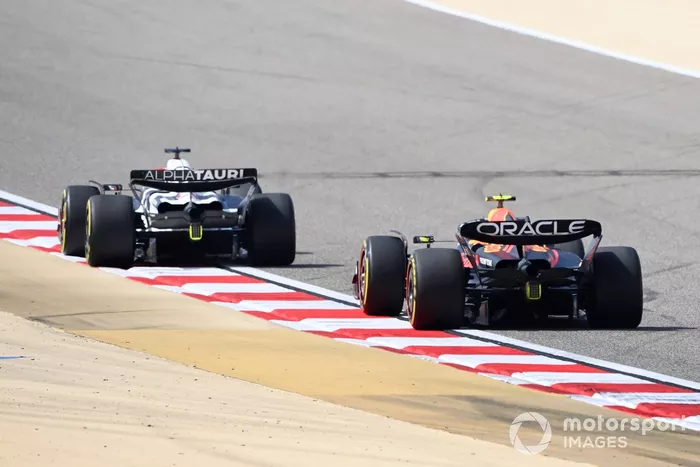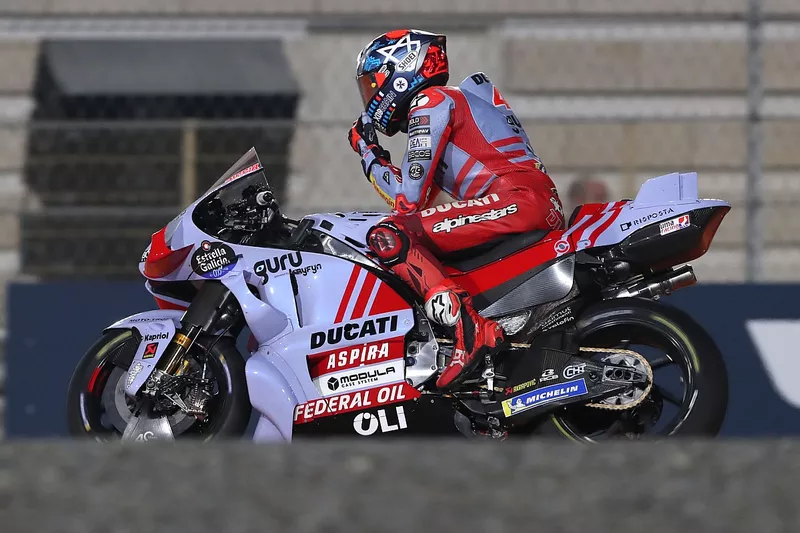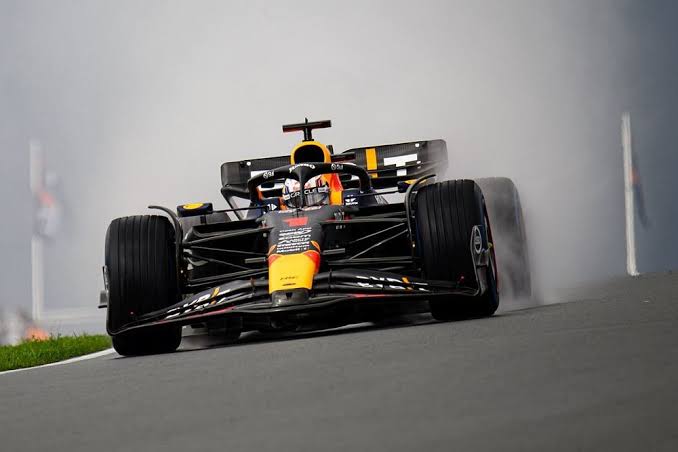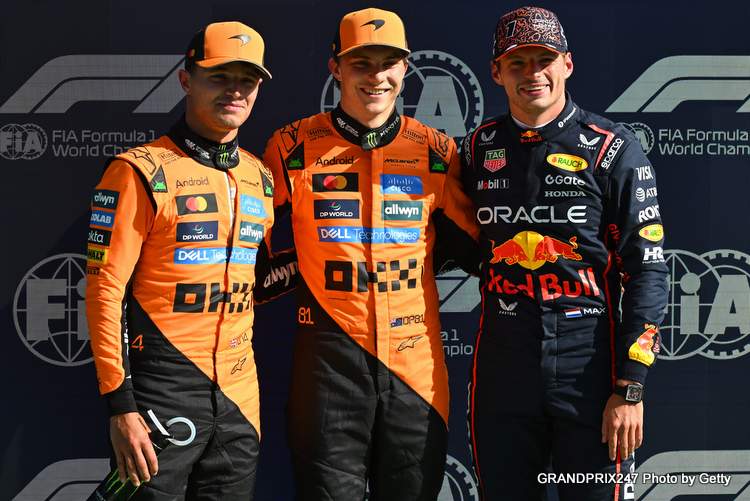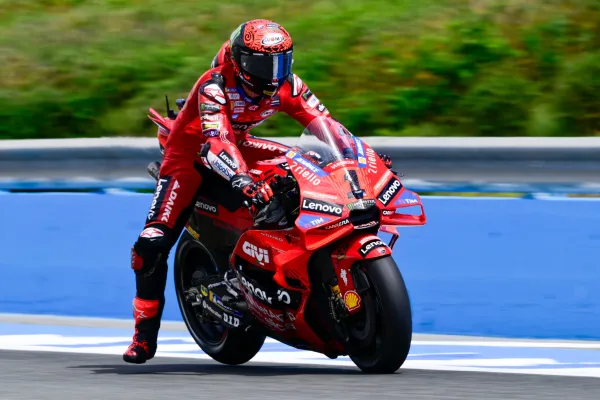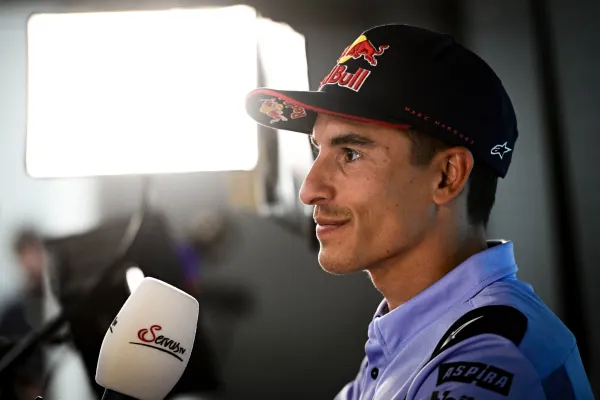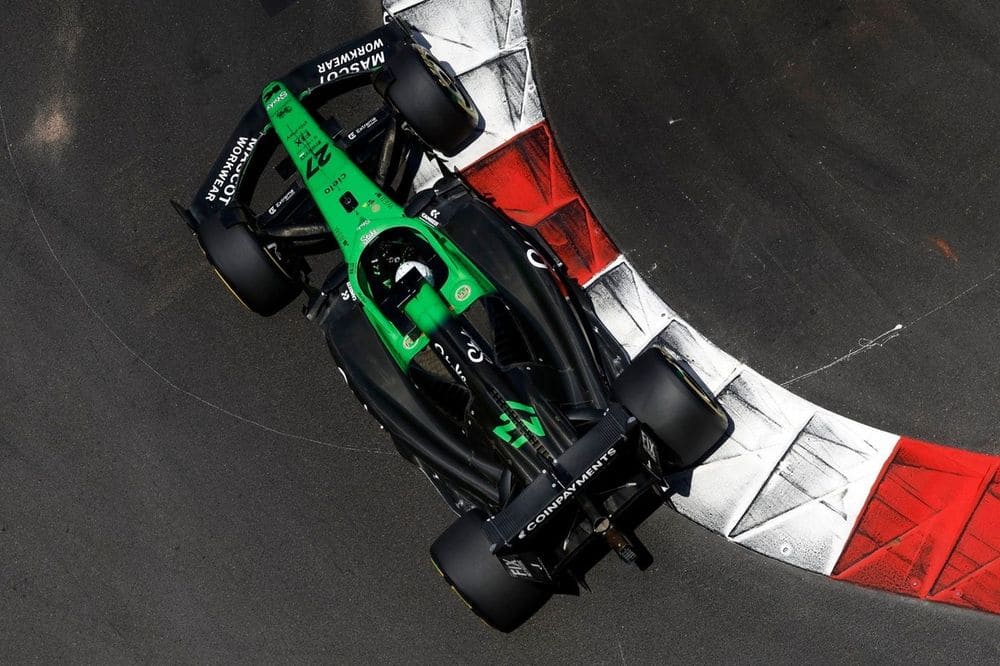The Truth Behind Formula 1’s Push For Shorter Races
The Controversy That Has Divided the Paddock.
Formula 1 has been a matter of stamina, planning, and showmanship. But in recent months, the discussion of shorter races has been more vocal. Drivers, team bosses, and fans are having their say, and each one of them has a firm opinion on whether reducing race distances would help the sport or deprive the sport of its identity. The concept has elicited controversies throughout the paddock, with one question mark on the future of the championship.
The Reason the Idea of Shorter Races Appeared.
The argument did not emerge out of thin air. With younger audiences becoming impatient and attention spans getting smaller, some executives feel that shorter formats could help make F1 more commercial. The first experiment was the introduction of sprint races, and the response to them has been mixed. According to proponents, sprint races offer instant action and less time for slower strategy formulation. Opponents claim that they make Sundays gimmicky and take away the meaning of Sundays. The trend of even shorter main races may take this experiment a step further, and not everyone is comfortable with that prospect.
Drivers Divided on the Concept.
Opinions among drivers vary. Others feel that shorter races would result in increased competition and less time for tire conservation. Others believe that the nature of Formula 1 is that it is a balance between speed and long-term strategy. Lewis Hamilton has hinted that he prefers tradition, saying recently that “Grand Prix races have always been about endurance and pushing limits across long distances.” Max Verstappen, never shy to share his views, said that shorter races could feel like “an exhibition, not a Grand Prix.” The split emphasizes the fact that it would be hard to make such a fundamental change without losing half the grid.
Impact on Strategy and Teams
The whole F1 strategy is constructed on the basis of long-distance racing. The shorter races would do away with multi-stop tactics, tire handling issues, and fuel issues that define each Grand Prix weekend. The balance between pace and preservation is the bread and butter of engineers, and eliminating it would compel the teams to reconsider their whole strategy. Ferrari’s Frederic Vasseur recently pointed out that while shorter races may look exciting on television, “strategy is the heart of our sport.” Christian Horner of Red Bull said that F1 is not comparable to other motorsport categories because of the complexity of strategy. The short races would seem easier to the sport, yet that may not be what the longtimefans want.
How Fans Are Reacting
The split is equally divided, with fans divided by generation. The younger audiences who have been used to highlight reels and quick entertainment tend to gravitate towards shorter formats. They cite that long races are monotonous, particularly when a single team is leading. Conversely, old-school fans regard the shortening of races as a gimmick that demeans history. Most people will remember legendary endurance races in which late-race drama characterized careers. To eliminate that possibility would be to deprive the sport of its narrative ability. F1 is not merely a question of who is the fastest; it is a question of who can be the smartest in two hours of racing.
The Business and Marketing Angle.
The owners of commercial rights are constantly seeking methods of finding new audiences. In a time where streaming services are competing to capture interest, a two-hour race might become obsolete. The shorter events might also increase broadcast ratings and motivate the casual fans to watch the events, since the shorter formats would enable greater intensity and more advertising spots. However, there is a danger of seeking short-term gains at the expense of long-term reputation. F1 has never been shy in terms of prestige, and watering down this prestige may render the product less valuable in the long run.
Historical Context Matters
The format of the F1 has undergone numerous transformations, though the distance of the races has not changed much since the championship was first organized in 1950. The 305 kilometers, with the exception of Monaco, is now a rule of thumb. All champions, including Juan Manuel Fangio and Michael Schumacher, have made their legacies on this basis. Shorter races would not be a minor change. It would be redefining the DNA of the sport. Innovation is usually embraced by fans; however, when tradition is broken, resistance may ensue.
What the Future Might Be Like.
Should Formula 1 experiment with shorter races, it probably will not switch to a full calendar but rather pick and choose events. The street races especially can be considered candidates, and the tight tracks and narrow lanes may be served by compact forms. The issue is whether these changes would be perceived as true innovation or a gimmick that is not necessary. The early excitement might not last long, as in sprint races, when fans get the feeling that Sunday is being watered down. Liberty Media should walk the fine line between entertainment and sporting integrity.
Reactions From the Paddock
Team principals have no hesitation in raising concerns. Toto Wolff believes shorter races risk turning Formula 1 into “another racing series” rather than a global championship. McLaren, though, through Zak Brown, proposed that it could be worth the risk to test new formats at selected events. Alpine’s Pierre Gasly said, “We don’t want to lose what makes F1 special. But if there’s a way to improve the show without changing the DNA, I’m open to it.” These remarks indicate that there is a space to debate, yet very few agreements.
Conclusion: A Defining Debate of the Future of F1.
Formula 1 is currently at a fine crossroad. The shorter races might increase ratings and appeal to younger fans, but they might also erode decades of tradition and strategies that make the sport unique. As the sprint format continues to fail to gain complete acceptance, further promotion of the concept can cause even greater divisions. The balance of speed, strategy, and endurance has always been the strength of F1. Any effort to change that should be done with a lot of caution. The controversy is not going away any time soon, and the way it is handled could define the sport for decades to come.
